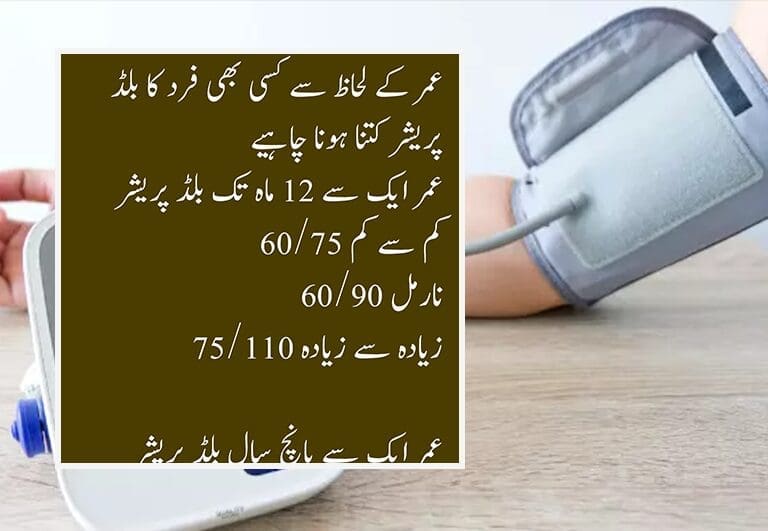Conjunctivitis, commonly known as pink eye, is a highly contagious eye infection that can cause discomfort and affect your vision. This condition occurs when the conjunctiva, the thin, clear tissue lining the white part of your eye and the inside of your eyelids, becomes inflamed. While pink eye is often mild and can resolve on its own, it’s essential to recognize its symptoms and learn about effective home remedies for relief.

Symptoms of Conjunctivitis (Pink Eye):
- Redness: The hallmark symptom of pink eye is the noticeable redness of the eye, which can make the eye appear pink or bloodshot.
- Itching: Affected individuals often experience itching in one or both eyes.
- Tearing: Excessive tearing or watery eyes is a common symptom of pink eye.
- Discharge: Pink eye may cause a discharge from the eye that can be watery, thick, or even yellow or green. This discharge can crust over, especially during sleep.
- Blurry Vision: Blurred or hazy vision may occur due to the inflammation and excessive tearing.
- Sensitivity to Light: Some individuals with pink eye may become more sensitive to light, a condition known as photophobia.
- Foreign Body Sensation: You might feel as though there’s something gritty or foreign in your eye.
- Swollen Eyelids: In some cases, pink eye can lead to swollen eyelids.
Types of Pink Eye:
There are three primary types of pink eye, each with slightly different symptoms and causes:
- Viral Conjunctivitis: This form is typically caused by a virus, similar to the common cold. It often begins in one eye and can spread to the other. Viral conjunctivitis is highly contagious and can be associated with cold or respiratory symptoms.
- Bacterial Conjunctivitis: Caused by bacteria, this type of pink eye can result in a thicker, yellow or green discharge. It can affect one or both eyes and is also contagious.
- Allergic Conjunctivitis: Allergies to pollen, dust mites, or pet dander can trigger this form of pink eye. It tends to affect both eyes and may be accompanied by sneezing and other allergy symptoms.
Home Remedies for Pink Eye:
While pink eye often resolves on its own within a week or so, home remedies can help alleviate symptoms and speed up recovery:
- Warm Compress: Apply a warm, moist compress to your closed eyelids for 5-10 minutes several times a day. This can help soothe irritation and remove crusted discharge.
- Artificial Tears: Over-the-counter artificial tear drops can provide relief from dryness and discomfort. Ensure they are preservative-free if you’re using them frequently.
- Cold Compress: If your eyes are itchy and swollen, a cold compress can help reduce inflammation and provide relief.
- Hygiene: Wash your hands frequently, avoid touching your eyes, and change your pillowcases and towels daily to prevent spreading the infection.
- Avoid Irritants: If you have allergic conjunctivitis, identify and avoid allergens that trigger your symptoms.
- Remove Contact Lenses: If you wear contact lenses, switch to glasses until the infection has cleared. Be sure to clean and disinfect your lenses thoroughly.
- Stay Home: If you or your child has pink eye, it’s crucial to stay home from work or school until the infection is no longer contagious, typically about 24 hours after starting antibiotic eye drops or when symptoms improve.
- Consult a Doctor: If your symptoms persist or worsen, or if you have severe pain, vision changes, or underlying health conditions, seek medical advice promptly. Bacterial conjunctivitis may require prescription antibiotic eye drops.
Preventing Pink Eye:
To reduce your risk of pink eye:
- Practice good hand hygiene, especially during cold and flu seasons.
- Avoid touching your face, especially your eyes, with unwashed hands.
- Don’t share towels, eye makeup, or personal items with others.
- If you have allergies, manage them effectively to prevent allergic conjunctivitis.
Pink eye can be uncomfortable, but with proper care and hygiene, it can be managed effectively at home. If you suspect you have pink eye or if your symptoms worsen, consult a healthcare professional for guidance and treatment options.



